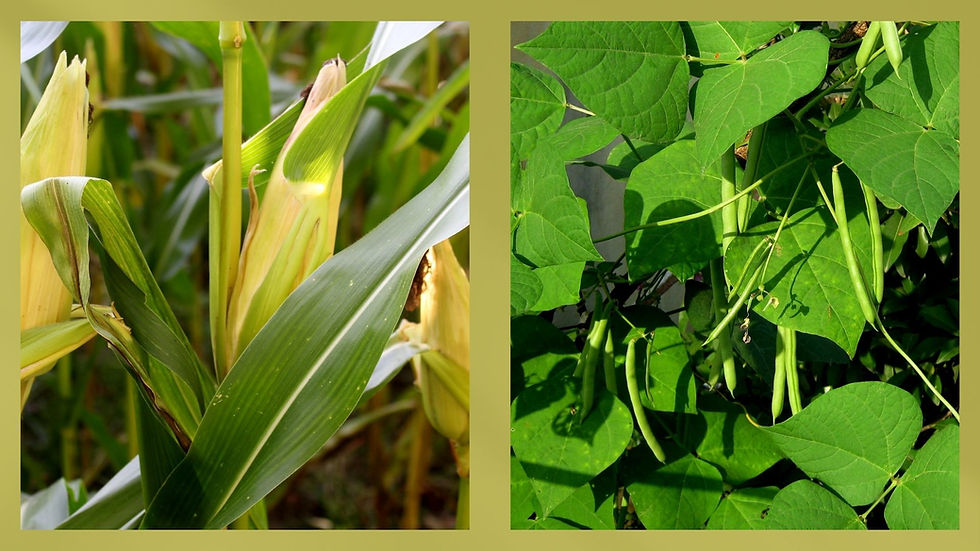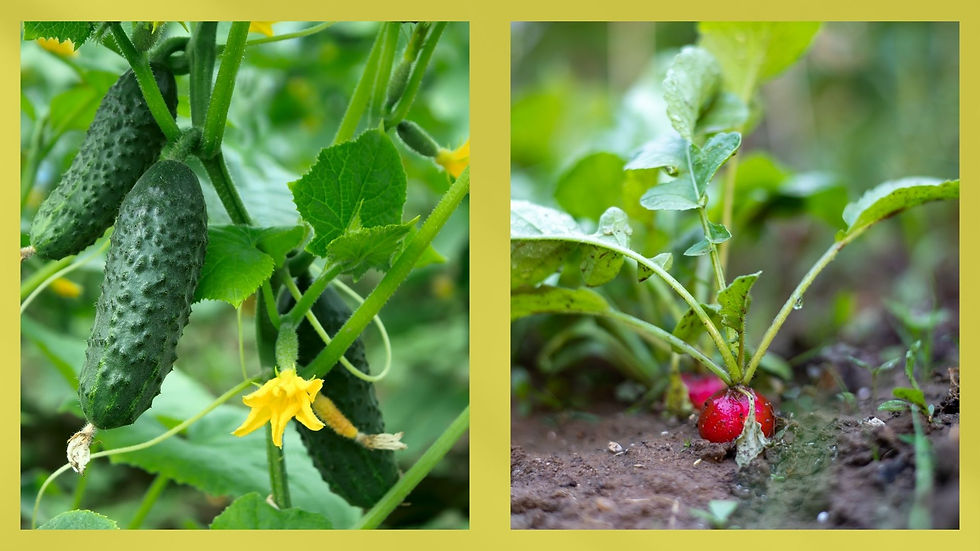
Companion planting is a gardening technique where different plants are grown near each other to enhance their growth, repel pests, attract beneficial insects, and provide mutual support. The goal is to create a harmonious ecosystem within the garden that maximizes the health and productivity of the plants. Here are some examples of companion planting suitable for your gardens in Groton:
Tomatoes and Basil: Not only do they taste great together, but planting basil near tomatoes can improve the flavor of tomatoes and deter pests like aphids and mosquitoes. Both plants thrive in the warm, sunny summer climate of Groton.

Beans and Corn: For those with a bit more space in the garden, growing beans near corn can benefit both plants. Beans fix nitrogen in the soil, which is beneficial for nitrogen-hungry corn. In return, the corn provides support for the climbing beans.

Marigolds and Vegetables: Marigolds are known for their ability to repel nematodes, aphids, and other pests. Planting them among vegetables like tomatoes, peppers, and eggplants can help protect these crops from pests.

Lettuce and Tall Plants (e.g., Sunflowers): Lettuce benefits from the shade provided by taller plants like sunflowers. This can help prevent lettuce from bolting too quickly during hot spells in Groton, extending the harvest period.

Cucumbers and Radishes: Radishes deter cucumber beetles, which can damage cucumber plants. Planting radishes around cucumber vines can help protect them from these pests.

Carrots and Onions (and Clover!): Carrots and onions are compatible companions. Onions repel carrot flies and other pests that can damage carrots, while carrots help deter onion flies. Clover plants planted near the carrots also help fix nitrogen in the soil and produce larger carrots.

Chives and Roses: Chives planted around rose bushes can help repel aphids, which are common pests for roses. Plus, chives are a beneficial companion for many other plants due to their ability to deter pests with their strong scent.

Nasturtiums and Squash: Nasturtiums are not only beautiful flowers but also act as a trap crop for aphids and squash bugs. Planting them near squash plants can help protect the squash from these pests.

By incorporating companion planting techniques like these, you can create a more resilient and productive garden while reducing the need for chemical pesticides and fertilizers.


Comments